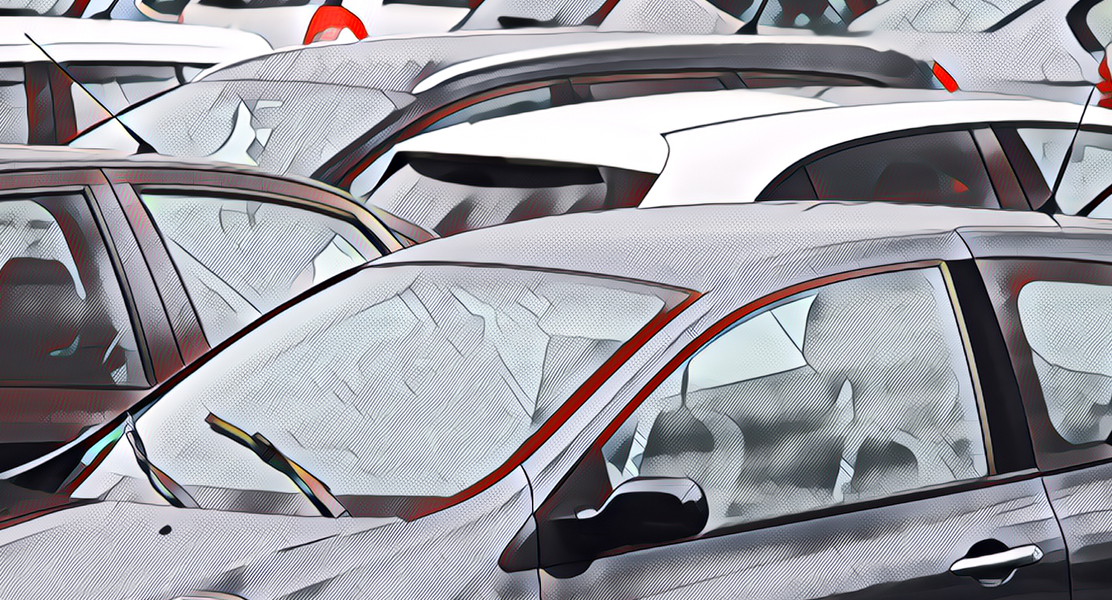Justice Department sides with Mississippi church in coronavirus dispute, other suits move forward

The Department of Justice (DOJ) has stepped into a lawsuit brought by a Mississippi church challenging the city of Greenville’s stay-at-home ban on its “drive-in” church services. In a brief to the court supporting Temple Baptist Church, DOJ officials argue that the inclusion of drive-in religious services in the no-gathering order violates the church’s religious liberty rights because similar non-religious gatherings are allowed to continue.
The Justice Department’s filing did acknowledge that during an emergency, “courts owe substantial deference to government actions,” and quoted a 1944 Supreme Court opinion’s holding that “[t]he right to practice religion freely does not include the liberty to expose the community . . . to communicable disease.” But the brief argued that the restrictions here do not pass religious liberty tests established by either the Constitution or the Mississippi Religious Freedom Restoration Act.
“[I]t s unclear,” the brief concluded, “why prohibiting these [drive-in] services is the least restrictive means of protecting public health, especially if, as alleged in the complaint, the city allows other conduct that would appear to pose an equal—if not greater—risk.”
[Update: Attorney General William Barr also issued a statement on religious practice and social distancing, which you can read here.]
Meanwhile, other cases across the country are addressing the tension between public health emergency orders and religious liberty rights. Here is a brief rundown:
In Virginia, a state court judge denied a church’s request for an injunction that would protect church services from the governor’s order banning gatherings of more than 10 people. According to the Associated Press, two federal lawsuits challenging the order have also been filed.
Three churches in California have filed suit in federal court to stop the governor’s order there from barring religious services.
In Kentucky, a federal judge raised eyebrows with an opinion issuing a temporary restraining order against the city of Louisville to protect a drive-in church service there. The court characterized the mayor’s action as “criminaliz[ing] the communal celebration of Easter.”
Pastors in Texas have petitioned the state’s Supreme Court to review an order issued by a Harris County judge that classifies religious services as non-essential and thus not exempted from a stay-at-home order there.
Via Religion Clause, a New Mexico church has filed suit against the governor’s order restricting gatherings. Live-streaming their services, they claim, would require a staff of 30 in violation of the law.
And in Kansas, following an extraordinary emergency teleconference hearing on Saturday morning, the state’s Supreme Court issued a unanimous ruling upholding the governor’s ban on in-person religious services. Importantly, religious liberty issues were not before the court. It ruled that a legislative council lacked the authority under state law to overturn the governor’s order. Religious liberty claims, the court noted, would have to be raised by a different plaintiff.
Similar cases seem certain to continue rolling in. Stay tuned.




